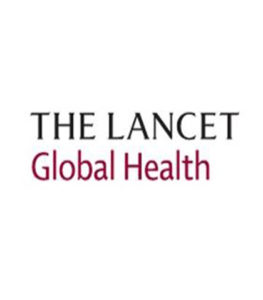Migration as a public health issue
 Migration is a boon to a nation’s health and wellbeing rather than a strain on health care systems, according to new research.
Migration is a boon to a nation’s health and wellbeing rather than a strain on health care systems, according to new research.
Most migrants have a ‘mortality advantage’, or greater life expectancy, than people in their host countries – and this was true for the majority of diseases, the study found.
The research was published among a series of similar papers in the journal The Lancet.
More than a billion people were “on the move” around the world this year, and a quarter of them were crossing international borders, according to the report titled ‘Global patterns of mortality in international migrants’.
The researchers said that with so many people on the move in 2018, “migration is the defining issue of our time” – particularly as nationalist and anti-immigrant sentiment grows.
“In too many countries, the issue of migration is used to divide societies and advance a populist agenda. With one billion people on the move today, growing populations in many regions of the world, and the rising aspirations of a new generation of young people, migration is not going away. Migrants commonly contribute more to the economy than they cost, and how we shape their health and wellbeing today will impact our societies for generations to come. There is no more pressing issue in global health,” Dr Richard Horton, editor of the Lancet, said in a statement about the report.
The authors analysed a large number of studies from all over the world, but most came from high-income countries.
Asian and Latin American migrants do best when it comes to mortality advantage, according to the research. Those from Africa and Eastern Europe have a higher mortality than the general populations of the countries to which they move.
Though migrants had a mortality advantage with the majority of disease, there is one exception: death from infections. That might, in part, mean the host countries have much lower infectious disease death rates than the countries the migrants left.
The other public health problem for migrants is death from assault, prompting the authors to call for better public health programs that would reduce the racism and xenophobia that can lead to violence against them.
Saying they carry disease, are more violent or will be a drain on the economy, as some commentators have claimed, was not helpful rhetoric, the researchers said.
Other papers in the Lancet series show that anti-migrant rhetoric is not merely wrong, it’s harmful.
When nationalism of this nature creates an “us vs. them,” the papers say, it becomes a “moral emergency” that leads politicians to create policy that hurts migrants rather than helping them.
The authors concluded that the political conversation about migrants needs to be reframed from one that is “dominated by poorly evidenced concerns about the risks associated with migration and health, to one that is evidence-based and overwhelmingly supports the benefits migrants provide to high income countries”.












